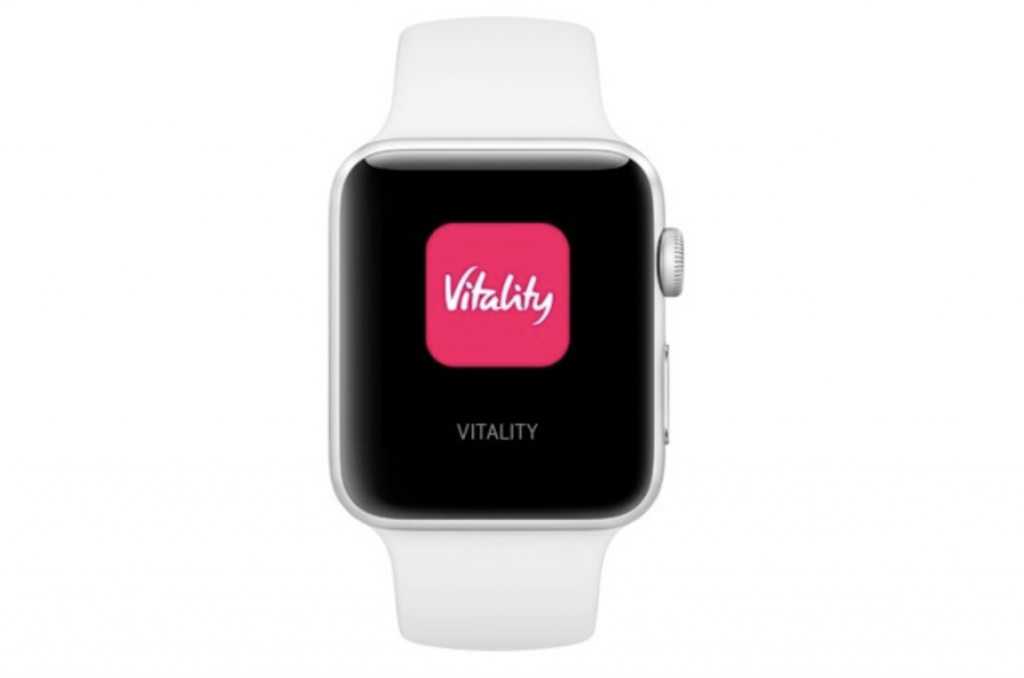A research paper from Rand Europe – Incentives and Physical Activity – found participants using Vitality Active Rewards with Apple Watch did the equivalent of 4.8 extra days of activity per month, compared to those who do not.The study examined the behaviours of over 400,000 people in the UK, United States and South Africa.
Gore revealed the findings to business and insurance leaders, academics, and policymakers from around the world at an event in London today, where the UK Health Secretary, Matt Hancock spoke and the, took part in a panel discussion.
The study examined the effect of Vitality Active Rewards with Apple Watch on participants’ long-term physical activity levels. The programme makes use of a comprehensive behavioural science toolkit, encompassing short and long-term incentives such as loss aversion and pre-commitment. Short-term incentives create a sense of immediacy, with members rewarded on a weekly basis for reaching their weekly goals.
Participants using Apple Watch saw an average 34 per cent sustained increase in activity – 4.8 extra days of activity per month – across UK, US and South African participants.
Activity increased across the full spectrum of Vitality participants, regardless of health status, age or gender.
‘At-risk’ participants with a high Body Mass Index [BMI], were less likely to take up the benefit, but showed greater improvements in activity than other groups, with increases in activity of 200 per cent in the United States, 160 per cent in the United Kingdom, and 109 per cent in South Africa.
South Africa saw the largest increase in high-intensity activity days of 71 per cent, followed by the United States at 52 per cent, and 37 per cent in the UK.
Speaking in a debate at the launch of the paper in London today, Nobel Prize-winning economist, and author of “Nudge”, Richard Thaler said: “We should see this as a proof of concept. There is a big sample here and robust results. It would be wrong to say that this combination of tech is the best one – we have no way of knowing that. But we know this works and this is a great start. A year from now Apple will have developed a better watch and we will have other ideas about how to do the behaviour part. But it is a great start. Experiment and learn is the way forward.
Discovery chief executive and Vitality founder Adrian Gore said: “This landmark study contributes to a deeper understanding of how people can be incentivised to live fitter and healthier lives.
“The significance for individuals, the insurance industry and wider society is profound.”
At the event, Gore announced that Vitality is committed to making 100 million people 20 per cent more active by 2025. This pledge, signed by Adrian Gore as well as representatives from Vitality’s partners, AIA, Generali, John Hancock, Manulife, Ping An and Sumitomo Life, stated: We, as part of the global Vitality insurance network, commit to make 100 million people 20% more physically active by 2025. This represents roughly 10% of the global health and life insurance population. With lifestyle diseases growing dramatically, often due to a lack of physical activity, we believe advances in behavioural science combined with technology can be used to help people be more physically active. We strive to be a positive force for good in society by changing the lives of millions of people.
